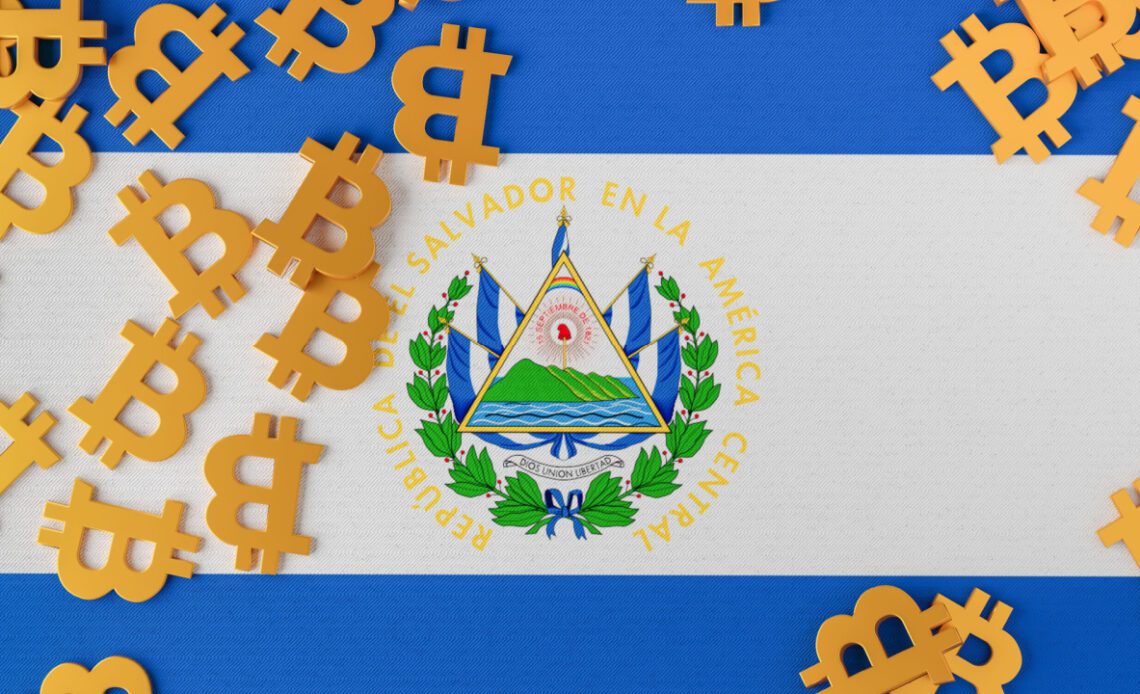Just over a year after overseeing El Salvador’s adoption of bitcoin, the Central American country’s 41-year-old president, Nayib Bukele, recently declared his intention serve another five-year term. The announcement has been criticized by some who have been quick to remind Bukele that El Salvador’s constitution prohibits presidents from serving consecutive terms.
Re-Election of Presidents a Common Practice in Developed Countries
El Salvador’s bitcoin-embracing leader, President Nayib Bukele, recently revealed that he plans to serve another five-year term even though the country’s constitution bars presidents from serving consecutive terms. The announcement by Bukele, who reportedly enjoys high approval ratings, has been slammed by opponents and critics who accuse him of undermining the country’s democratic institutions.
According to an Al Jazeera report, the 41-year-old leader made the announcement while delivering a speech about El Salvador’s independence. In the speech, Bukele said his plan to serve consecutive terms was justified because this practice is also common in developed countries.
“I’m announcing to the Salvadoran people that I’ve decided to run as a candidate for president of the republic. Developed countries have re-election. And thanks to the new configuration of the democratic institution of our country, now El Salvador will too,” Bukele reportedly said.
In another report, Bukele is quoted suggesting that while resistance and opposition to his plans by developed countries might be inevitable, he remains unperturbed by this because “they’re not the ones who get to decide. The people of El Salvador do.”
However, just as Bukele anticipated when he made the announcement, critics that include the U.S. government have challenged his threat to override a clause in El Salvador’s constitution, which specifically forbids presidents from serving consecutive terms. The United States-based think-tank the Atlantic Council has characterized Bukele’s plan as the “final step of his power grab.”
Fitch Ratings Downgrades El Salvador’s Debt to CC
Meanwhile, the controversy sparked by Bukele’s re-election bid came just a few days after the credit ratings agency Fitch Ratings downgraded El Salvador’s debt to CC. According to a Bloomberg report, this rating means the Central American state’s debt is seen as riskier than that of war-torn countries such as Ukraine and The Republic of Congo.
Before Fitch…
Click Here to Read the Full Original Article at Bitcoin News…
























